The Indian government has officially announced the renaming of Port Blair to Sri Vijaya Puram, a move aimed at shedding colonial legacies and reconnecting with the nation’s historical roots. Indian Home Minister Amit Shah articulated the decision: “To free the nation from the colonial imprints, today we have decided to rename Port Blair as ‘Sri Vijaya Puram.’”
In 2014, commenting on the Bharatiya Janata Party’s landslide victory under Narendra Modi, The Guardian published an editorial that remarked: “Today … may well go down in history as the day when Britain finally left India.” The author read the writing on the wall accurately. The process began in 2014, but Modi outlined it eight years later in his 2022 Independence Day speech, Modi introduced the concept of Panchpran (Five Resolutions), outlining India’s vision over the next 25 years. One of the key resolutions is to rid the country of any remaining “colonial mindset.”
This renaming is not merely a symbolic act but represents a fundamental rethinking of policy-making and the nation’s role on the global stage. The decision reflects a significant shift in mindset, moving away from colonial-era thinking towards a renewed emphasis on India’s historical and cultural identity.
In keeping with this goal, the Home Ministry has recently renamed several locations in the Andaman and Nicobar Islands to honor Indian heroes and freedom fighters. One notable change is the renaming of a hill previously named after a British army officer’s wife to Mount Manipur, commemorating the resistance of Indian fighters exiled by the British.
The politics of symbolism
Renaming places is not a new phenomenon; throughout history, conquerors have imposed their names on cities, often erasing indigenous identities. Similar efforts are evident in other countries as well. For instance, in the United States, historic sites have been renamed to reflect their original cultural significance, such as Fort San Marcos, renamed Castillo de San Marcos to acknowledge its Spanish heritage. Likewise, in China, streets and areas have been renamed to reinforce a national narrative.
For a former colony like India, renaming places is a form of symbolic decolonization. It serves as a means of reinforcing a collective memory that honors resistance to oppression and celebrates autonomy. Yes, the decision to rename Port Blair to Sri Vijaya Puram is a symbolic gesture, but symbolism is not just words without effect. In politics, psychology and history matter.
This name change is part of India’s effort to reconnect with its maritime history. The Andaman Islands command a key choke point between the Bay of Bengal to the west and the Andaman Sea to the east. This places it close to the vital Strait of Malacca, the second busiest oil chokepoint in the world after the Strait of Hormuz.
Well before the oil trade, the islands were significant in maritime trade. They once served as a base for the Great Chola Empire, which extended its influence across Southeast Asia. In his book The Ocean of Churn, Sanjeev Sanyal highlights how the islands were connected to the broader history of maritime trade and power projection in the Indian Ocean. The islands’ geographical location made them pivotal for controlling sea routes, and they were home to thriving port cities, interacting with traders from across the Bay of Bengal and beyond. The renaming reflects a recognition of the islands’ historic and strategic role..
Moreover, Sri Vijaya Puram holds a crucial place in India’s struggle for independence. In the latter years of the colonial period, the city housed the notorious Cellular Jail where numerous freedom fighters were imprisoned. This site not only represented British oppression but also the indomitable spirit of those striving for freedom. One such figure, Vinayak Damodar Savarkar, foresaw that the islands would be critical to India’s defense.
India develops the islands’ strategic potential
The 2004 tsunami brought international attention to the vulnerabilities of the Andaman and Nicobar Islands but also showcased India’s capacity for disaster response and regional cooperation. In the aftermath, India led rescue efforts and initiated a tsunami early warning system, solidifying its role in maritime security.
In recent years, the government has launched substantial infrastructural projects aimed at transforming the islands into economic and strategic hubs. The introduction of undersea fiber-optic cables has improved connectivity, while the modernization of the local airport is expected to enhance tourism. Initiatives in eco-tourism and the development of deep-sea ports further underline the islands’ growing significance.
Sri Vijaya Puram is not yet the fully-fledged maritime stronghold that Savarkar envisioned, although India took an important first step in this direction in 2001, when Prime Minister Atal Bihari Vajpayee established the first tri-service theater command in the region. However, the renaming is a statement of purpose. It signals a commitment to India’s maritime heritage while also highlighting ongoing efforts to enhance the Andaman and Nicobar Islands economically. This transformation under current leadership aims to position the islands as pivotal assets for India’s future.
[Anton Schauble edited this piece.]
The views expressed in this article are the author’s own and do not necessarily reflect Fair Observer’s editorial policy.
Support Fair Observer
We rely on your support for our independence, diversity and quality.
For more than 10 years, Fair Observer has been free, fair and independent. No billionaire owns us, no advertisers control us. We are a reader-supported nonprofit. Unlike many other publications, we keep our content free for readers regardless of where they live or whether they can afford to pay. We have no paywalls and no ads.
In the post-truth era of fake news, echo chambers and filter bubbles, we publish a plurality of perspectives from around the world. Anyone can publish with us, but everyone goes through a rigorous editorial process. So, you get fact-checked, well-reasoned content instead of noise.
We publish 3,000+ voices from 90+ countries. We also conduct education and training programs
on subjects ranging from digital media and journalism to writing and critical thinking. This
doesn’t come cheap. Servers, editors, trainers and web developers cost
money.
Please consider supporting us on a regular basis as a recurring donor or a
sustaining member.
Will you support FO’s journalism?
We rely on your support for our independence, diversity and quality.


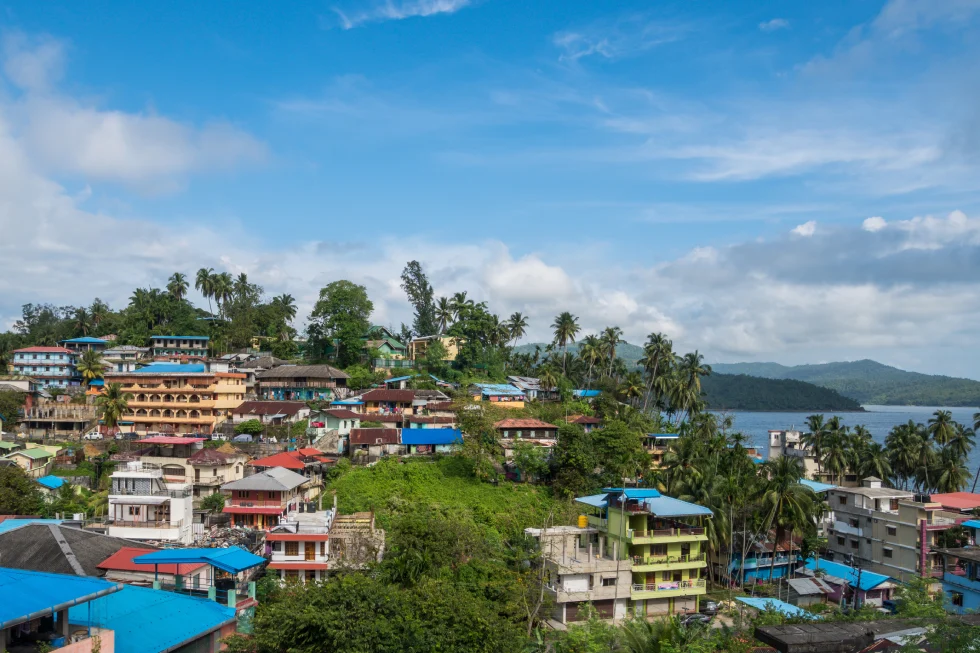


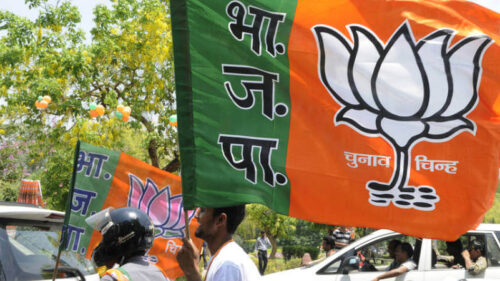
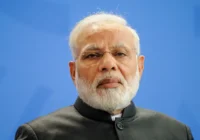
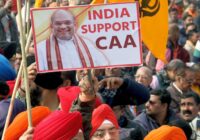
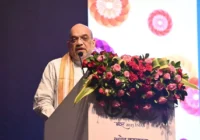


Comment